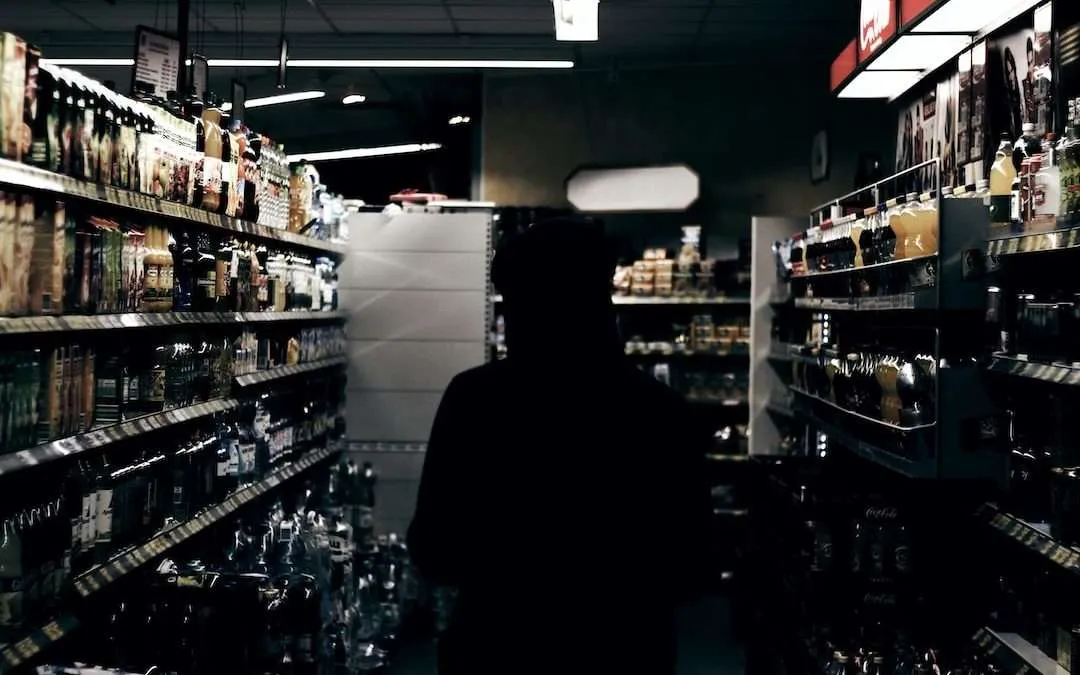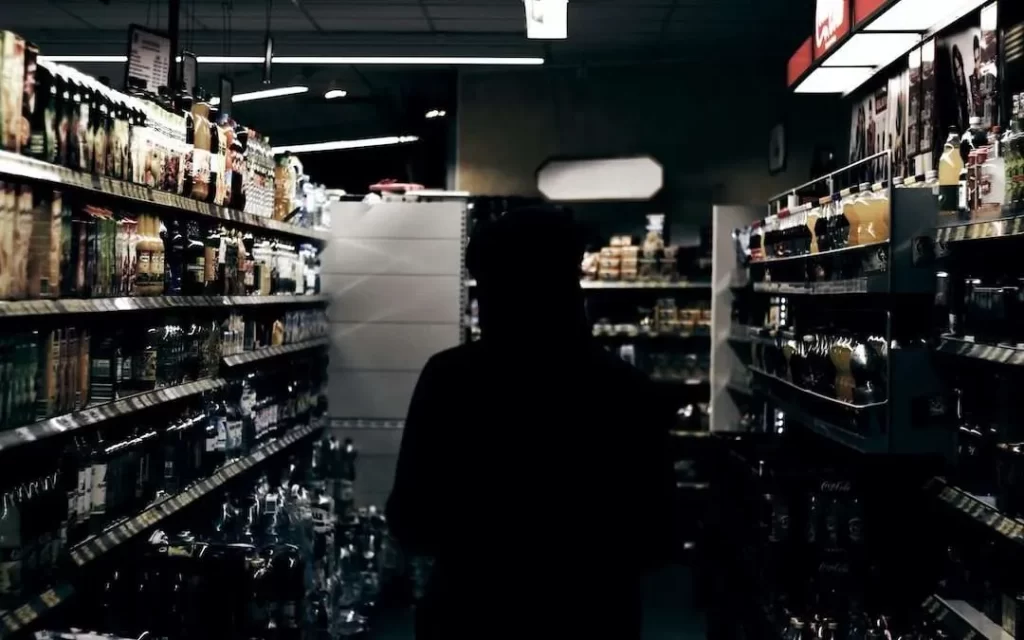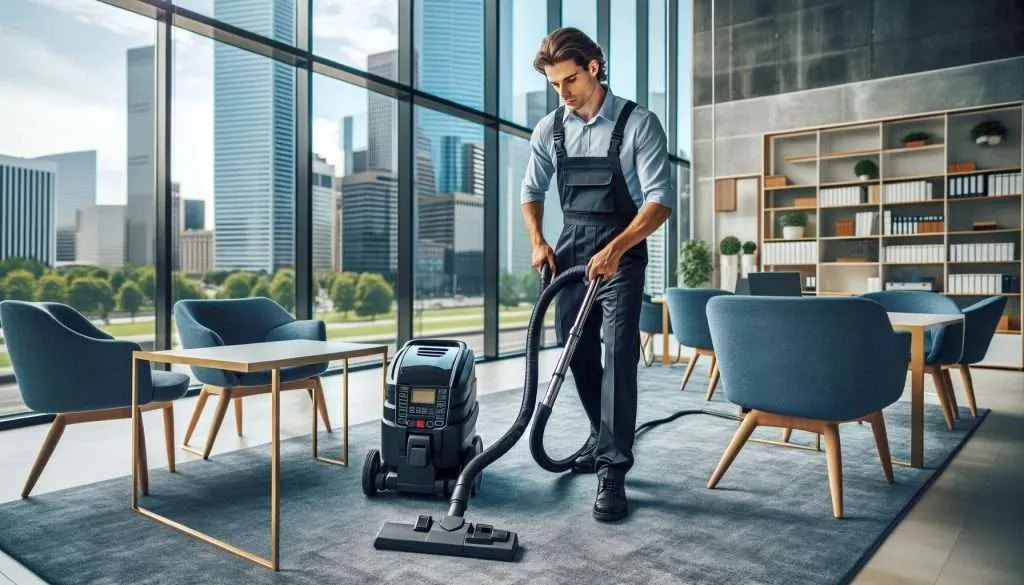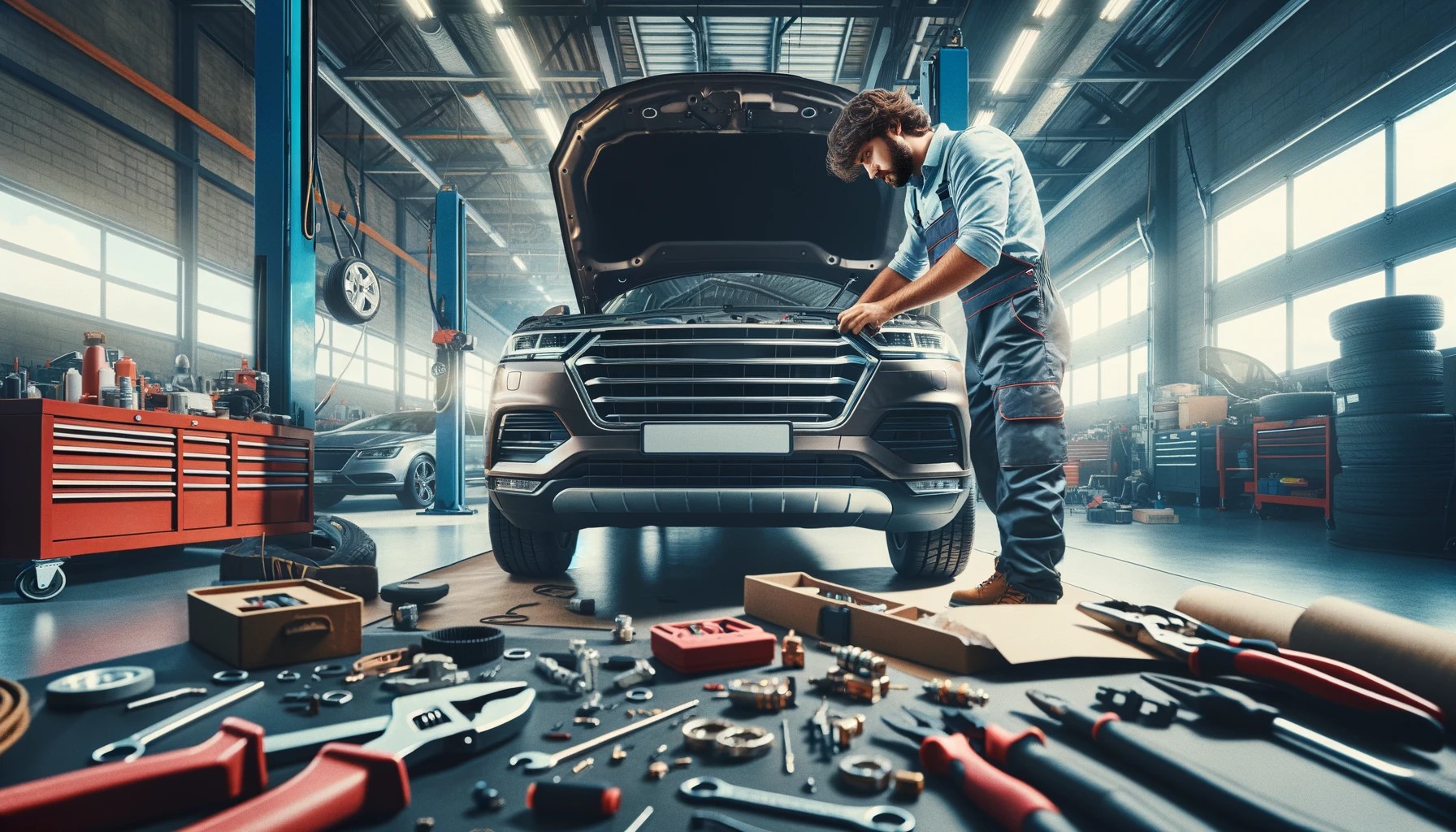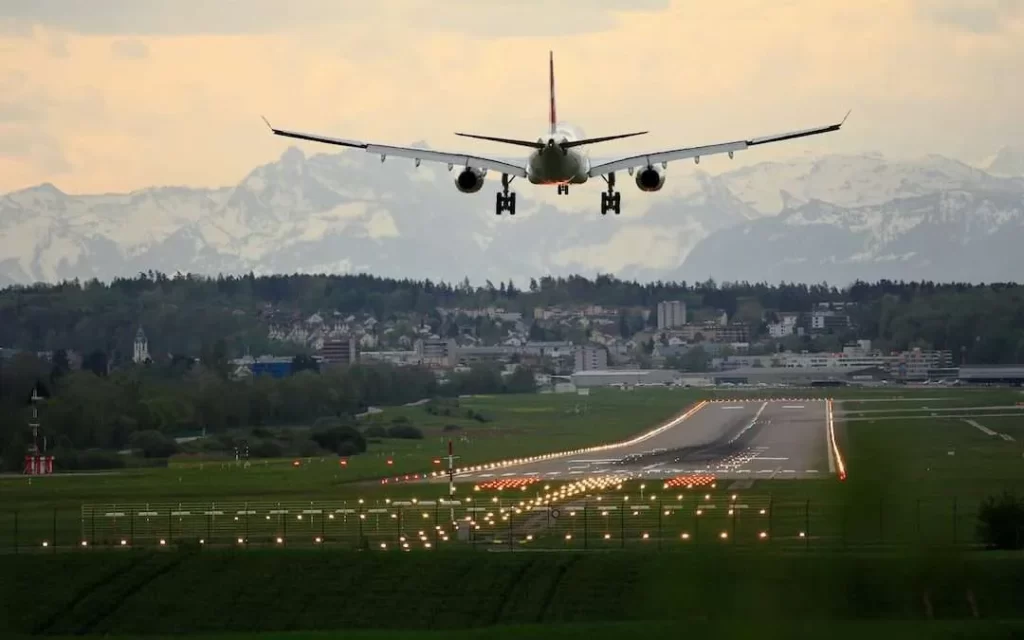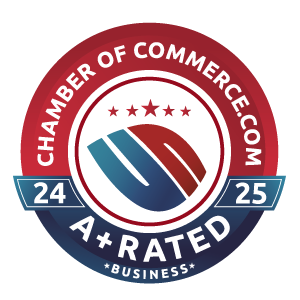Overview of Obtaining a Liquor License in Colorado
Businesses in Colorado that wish to sell alcohol must obtain a liquor license.This is a legal requirement overseen by the state Department of Alcohol Beverage Control (ABC), which mandates that any establishment planning to offer alcohol must possess a valid license. For example, a restaurant wanting to serve cocktails or a local brewery aiming to sell its craft beers directly to consumers would need to secure this license. This process, while potentially complex and time-consuming, is a necessary prerequisite for these businesses.
Selling alcoholic beverages can significantly add to a business’s revenue, making the licensing process a worthwhile investment. In fact, it’s not uncommon for restaurants and bars to earn a substantial portion of their profits from alcohol sales. Therefore, despite the complexities and challenges associated with obtaining a liquor license, the potential financial benefits make it a desirable goal for many businesses in the hospitality industry.
Importance of a Liquor License in Colorado
In Colorado, having a liquor license is not merely a regulatory obligation, but a crucial element in operating a legally compliant and profitable business. The revenue generated from the sale of alcoholic beverages can significantly enhance a business’s profitability, especially for establishments like restaurants and bars. For instance, a popular downtown restaurant could greatly enhance its profits by offering a diverse and attractive wine list in addition to its food menu.
However, it’s important to remember that businesses must also take responsibility for the safe and legal service of alcohol. Staff serving liquor should be SmartServe certified and able to intervene when necessary. This is critical to ensure the responsible service of alcohol and to protect the safety of patrons. For example, a SmartServe certified bartender would be trained to recognize signs of intoxication and would know when to stop serving a customer.
Types of Liquor Licenses in Colorado
Colorado offers a variety of liquor licenses, each designed to meet the specific needs of different businesses. For example, there may be one type of license for a tavern, another for a restaurant, and yet another for a liquor store. Understanding these differences is vital in determining the most suitable license for your business.
In response to changing market needs, the Colorado Liquor Enforcement Division (LED) has recently introduced a new “Takeout and Delivery Permit“. This permit is geared toward on-premises liquor licensees such as bars, restaurants, and breweries, allowing these establishments to provide alcohol in sealed containers for takeout or delivery. For instance, a local pizzeria could use this permit to offer its customers the option to order a bottle of wine along with their pizza for delivery or takeout.
Requirements and Qualifications for Obtaining a Liquor License
Applying for a liquor license in Colorado involves meeting a set of specific requirements and qualifications. For instance, applicants may need to demonstrate that they are of a certain age, have no criminal background, and are financially stable. These requirements are administered and enforced by the Colorado liquor board during the license approval process.
In addition to these basic requirements, applicants should also be aware of any specific qualifications that may be required for the type of license they are seeking. For example, a business applying for a hotel and restaurant license would need to show that they have hotel rooms for rent and that the primary source of revenue is the sale of meals.
Application Process for a Liquor License in Colorado
The process of applying for a liquor license in Colorado involves several steps, including the submission of an application to the Colorado liquor board and possibly a public hearing. This process can take anywhere from 40 days to six months, depending on the type of license and the specifics of the situation. For example, a new restaurant in a densely populated area may face a longer approval timeline due to the possible need for a neighborhood needs and desires hearing.
To expedite the process, businesses can consider opting for a “Concurrent Review”, which carries an additional cost but can help speed up the approval time. This option can be particularly beneficial for businesses facing tight deadlines or those who wish to start serving alcohol as soon as possible.
Costs and Fees Associated with Obtaining a Liquor License in Colorado
Obtaining a liquor license in Colorado comes with a cost. These costs can vary depending on the type of license, but they generally include application fees, license fees, and possibly other charges. Recently, the Colorado Liquor Enforcement Division (LED) has reduced liquor license application fees from $1,550 to $1,100 in an effort to support the hospitality industry. This means that a new bar or restaurant can save $450 on their application fee.
Additionally, if you submitted an application or transfer before the fee reduction, you might be eligible for a refund. The annual fee for the new “Takeout and Delivery Permit” is $11, providing a cost-effective way for businesses to expand their service offerings.
Compliance and Renewal of Liquor Licenses in Colorado
Once a business has successfully obtained a liquor license in Colorado, it must ensure continued compliance with all state regulations and requirements. This includes not only adhering to laws regarding the legal drinking age and hours of sale but also maintaining appropriate records and responding to inspections or audits.
Renewal of the liquor license is also an essential aspect of maintaining its validity. Liquor licenses in Colorado must be renewed annually, and failure to renew on time could result in penalties or even the loss of the license.
Conclusion
Navigating the process of obtaining a liquor license in Colorado may seem challenging, but it’s an essential step for businesses that intend to sell alcohol. By understanding the requirements, costs, and process, businesses can effectively navigate the licensing process and tap into a profitable revenue stream. The importance of this process cannot be overstated, as obtaining and maintaining a liquor license is critical to operating a compliant, legal, and potentially highly profitable business in the state of Colorado.

